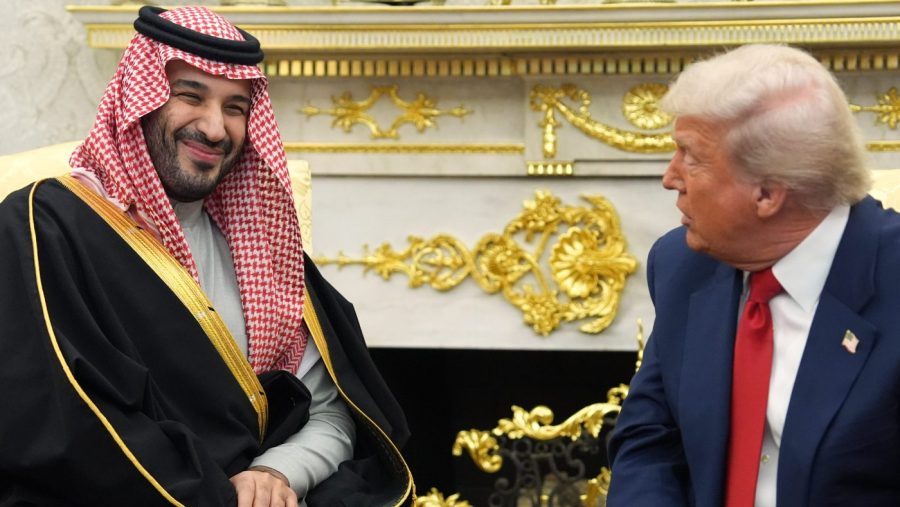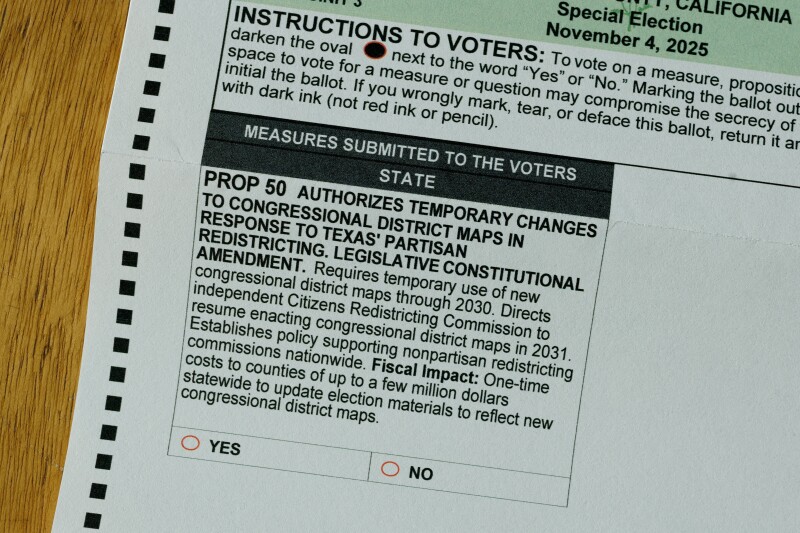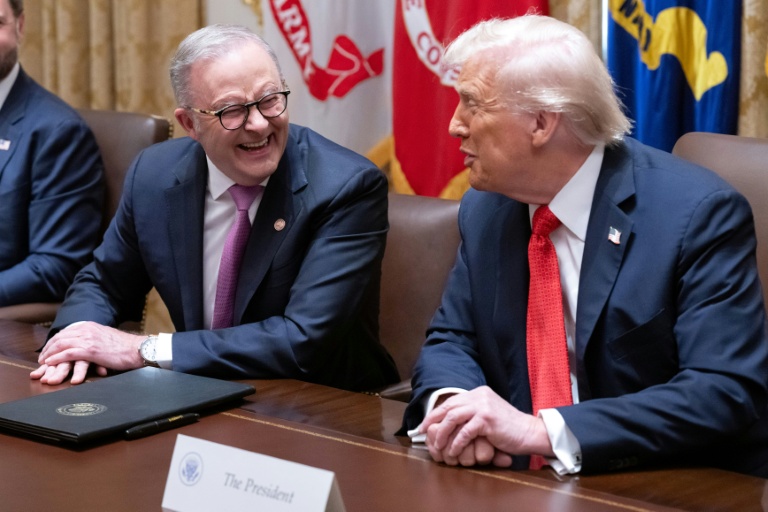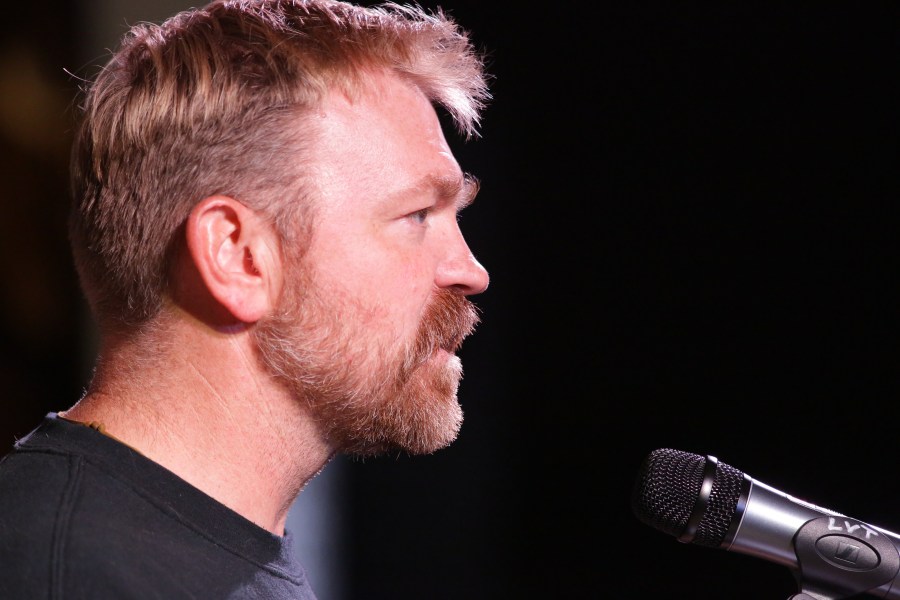President Donald Trump faced intense scrutiny during a press conference on Tuesday, where he sought to divert attention from Saudi Crown Prince Mohammed bin Salman regarding the Kingdom’s involvement in the September 11, 2001 terrorist attacks and the murder of journalist Jamal Khashoggi. This exchange occurred at a high-profile event, drawing considerable media attention and public interest.
During the conference, a reporter from ABC News pressed the Crown Prince on allegations linking Saudi Arabia to the attacks that claimed nearly 3,000 lives. In response, Trump interrupted, criticizing the journalist’s line of questioning. The confrontation highlighted the ongoing tension surrounding Saudi Arabia’s international image and its relations with the United States.
Trump’s defense of the Crown Prince underscores the complex relationship between the United States and Saudi Arabia, particularly in light of past controversies. The President’s remarks were seen as an attempt to shield the Saudi leader from further scrutiny. Critics have long raised concerns about the lack of accountability regarding Khashoggi’s murder, which occurred in October 2018 at the Saudi consulate in Istanbul, Turkey.
The press conference also marked a significant moment in U.S.-Saudi relations, revealing the challenges faced by both leaders. While Trump has often praised Saudi Arabia for its economic partnerships and investments in the U.S., the fallout from Khashoggi’s assassination continues to cast a shadow over their alliance.
As the press conference progressed, questions about the Saudi Crown Prince’s role in Khashoggi’s death and the 9/11 attacks remained largely unanswered. Many observers noted that Trump’s deflection of these inquiries reflects a broader strategy to maintain lucrative ties with Riyadh, despite the troubling allegations that persist.
The event serves as a reminder of the delicate balance between diplomatic relations and human rights concerns. The ongoing dialogue surrounding Khashoggi’s murder, along with the legacy of the September 11 attacks, continues to fuel discussions about accountability and transparency within the Saudi regime.
As international relations evolve, the impact of these conversations on U.S.-Saudi relations remains to be seen. The challenges presented by these sensitive topics could shape future interactions between the two nations, as they navigate a landscape marked by both cooperation and controversy.
The ongoing scrutiny of Saudi Arabia’s role in global terrorism, coupled with the unresolved issues surrounding Khashoggi’s assassination, emphasizes the complexity of modern diplomacy. As the world watches, the implications of these discussions will likely resonate beyond the immediate context, influencing perceptions and policies for years to come.







